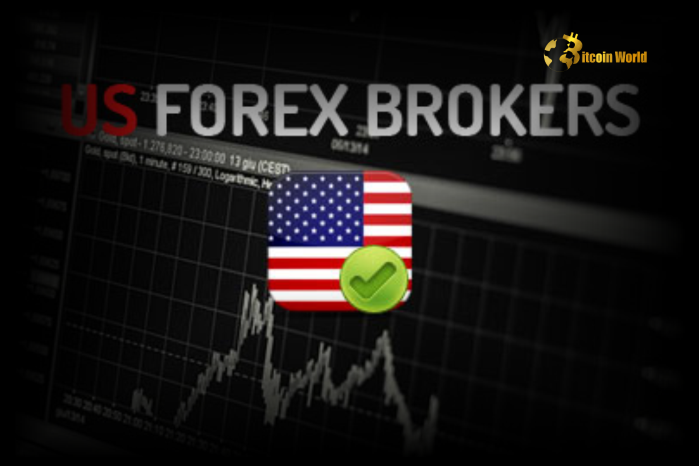How to Get Started with Forex Trading in the US
How to Get Started with Forex Trading in the US
Blog Article
How to Choose a Forex Broker in America
International change, or Forex trading, pulls countless individuals in the United Claims every year. Its pure size and liquidity ensure it is one of the very attractive areas globally. Nevertheless, forex trading for beginners. requires a unique and strict approach to regulating Forex activities. If you are seeking to business currencies or simply wish to know how appropriate frameworks shape the Forex industry, knowledge these rules is crucial.

Important Legal Frameworks Surrounding Forex in the US
Forex regulation in the United Claims is distinguishable due to its complete risk regulates and consumer protections. Two leading government bodies oversee most Forex activities:
• Item Futures Trading Commission (CFTC)
• National Futures Association (NFA)
The CFTC, made in 1974, is tasked with regulating the futures and options areas, foreign trade included. The NFA, as a self-regulatory firm, works strongly with the CFTC to enforce principles and maintain fairness in trading practices.
Registration and Conformity
Every Forex vendor or broker employing U.S. citizens should enroll with the CFTC and NFA. These entities will also be needed to stick to demanding functional standards, including:
• Minimal net money demands (often greater than in other countries)
• Ongoing audits
• Strong anti-money laundering (AML) guidelines
• Translucent risk disclosure
Violations can result in big fines or a lasting bar from the market. That regulatory platform aims to stop fraud, protect investors, and increase market integrity.
Important Restrictions on Forex Actions
Foundational rights influence how Forex operates in the U.S.:
• Power limits: The NFA models a maximum leverage of 50:1 for important currency couples and 20:1 for minors. That is much lower than many global areas, supporting protect inexperienced traders from substantial losses.
• Segregation of funds: U.S. legislation requires that customer resources are held separate from broker functional funds. That measure safeguards traders in the case a broker becomes insolvent.
• Advertising and disclosure: Firms should clearly explain dangers, expenses, and trading systems to clients. Misleading or extreme solicitation techniques experience rigid penalties.
Enforcement and Penalties
U.S. agencies frequently check for fraudulent systems, insider trading, and illicit industry manipulation. Statistical information from enforcement studies shows a steady pattern of penalties and settlements recently, displaying continuing vigilance. This setting, while stricter than most elements of the world, produces a better enjoying area for retail and institutional traders alike.
What to Contemplate as a US Forex Trader
Recent traits reveal an ongoing increase in regulatory measures, an emphasis on customer knowledge, and constant improvements to compliance requirements. If you plan to trade Forex in the U.S., it's essential to:
• Confirm a broker's active registration position
• Stay updated with regulatory changes
• Review risk disclosures before generally making trades
This approach reduces unforeseen deficits and improves your prospects in a tightly managed but powerful marketplace. By understanding appropriate regulations, U.S. traders may confidently participate in the Forex market while remaining within the parameters of the law.
Report this page